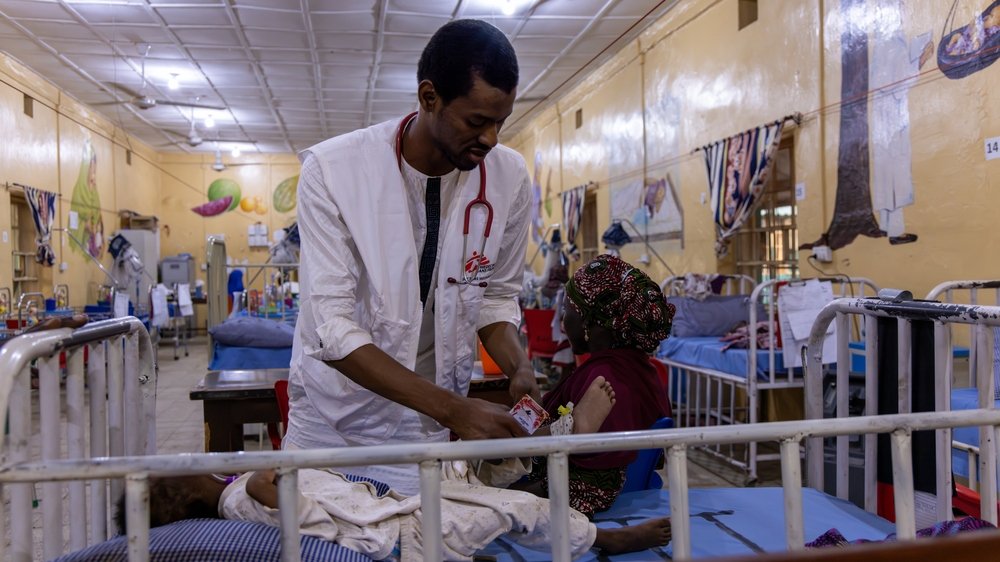UNICEF has reported that 3.5 million Nigerian children are suffering from severe acute malnutrition (SAM), a life-threatening condition requiring urgent intervention, as announced during a press briefing in Abuja on July 22, 2025. Judith Leveille, UNICEF Nigeria’s Chief of Field Operations and Emergencies, highlighted the crisis’s severity, noting that 400,000 of these children face preventable death within weeks without immediate action. The briefing, focused on the European Union’s support for the Yelwata crisis in Benue State and nutrition emergencies in Nigeria’s North-East and North-West, underscored the need for coordinated government and international efforts to address the escalating hunger crisis.
The malnutrition crisis, driven by conflict, climate change, and soaring food prices, has overwhelmed response systems, particularly in the North-East and North-West, where admissions for SAM have surged by up to 40% and 73% in some areas, according to Leveille. “We are talking about a burden of 3.5 million children in Nigeria,” she said, emphasizing the potential loss of future leaders if the crisis persists. The Nigeria INGO Forum Director, Camilla Higgins, added that the figure equates to filling Abuja’s national stadium 60 times, with adults now also visibly affected. Médecins Sans Frontières reported strained facilities, with bed capacities in Katsina and other states doubled to accommodate rising cases, yet still insufficient.
The situation is compounded by Nigeria’s broader food insecurity, with 33.1 million people projected to face hunger from June to August 2025, per the Cadre Harmonisé report. UNICEF and partners are pushing for increased funding, skilled personnel, and ready-to-use therapeutic food to treat SAM, alongside stronger government leadership. The crisis, particularly acute in northern states like Borno, Yobe, and Sokoto, threatens Nigeria’s progress toward Sustainable Development Goal 2, which aims to end hunger and malnutrition by 2030. Urgent action is critical to prevent further loss of life and long-term developmental setbacks.



























